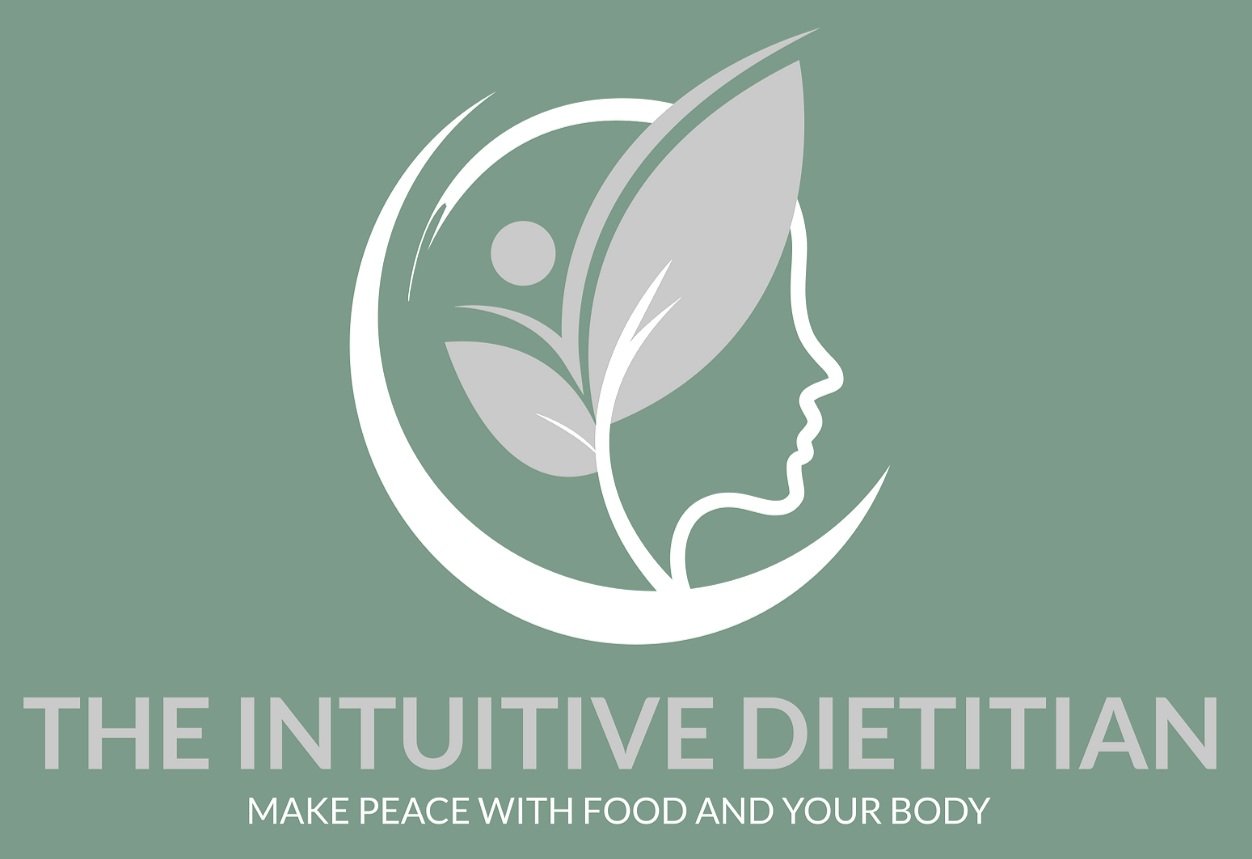Intuitive Eating Ditches the Diet Roller Coaster
I am excited to share an article (with the author’s permission) that was printed in the January 2023 issue of Southpark Magazine. Their January issue had beautiful architecture, home design, popular places to dine and shop but it also spent some time focusing on health.
Southpark Magazine January 2023
by Sharon Smith
The start of a new year offers a chance to approach our health with new intention. It’s a trick of the calendar that can have a positive effect when done right. We all know the importance of eating in moderation; eating a variety of proteins, fruits and vegetables; and avoiding processed foods. It’s intuitive, right? But, as an adopted practice, there’s a lot more to intuitive eating.
Registered dietitian Kristen Bunich owns The Intuitive Dietitian practice in SouthPark. She has bachelor’s and master’s degrees in nutrition. She’s also a mom of three who volunteers on the PTA board and understands the importance of balancing daily demands in the business of life. Comments have been lightly edited for brevity.
What does it mean to practice intuitive eating?
Intuitive eating is a holistic approach to your relationship with food and your body. Intuitive eaters develop body attunement to better hear physical sensations like hunger and fullness. They also develop skills to block obstacles to that attunement by eliminating diets, decreasing stress, adding self care, improving sleep habits and finding helpful coping strategies.
There are 10 basic principles as a guide in the practice of intuitive eating. This way of eating can be a real change for a person comfortable with diet plans. There is no “good” and “bad” food. Restrictive food lists often fuel a stronger desire for those foods. When we have the “bad” food, there may be guilt and continued eating or a “what the hell” effect. In an intuitive practice, we approach eating and our bodies in a more neutral tone and truly enjoy each meal.
How else can we be mindful in our relationship
with food?
We live in a society that values being busy and multitasking. Does lunch at your desk or in the car sound familiar? When we lose focus of our eating, so many benefits are lost. We lose the satisfaction of the taste and the sensation of fullness. Slowing down and being more mindful with meals will also improve our digestion and bloating. One group of people known for being mindful eaters is the French. They are known to take great satisfaction in their food and spend much longer over their meals. They culturally eat far more full-fat foods and have fewer diet products and programs. They are recognized for lower heart disease and obesity rates, with these full-fat, smaller-portioned leisurely meals.
What facts support the benefits of intuitive eating?
Intuitive eating was popularized by a couple of leading dietitians more than 20 years ago. There are now close to 200 research articles supporting its use and validated research tools. This practice has become the accepted practice in the treatment of eating disorders and disordered-eating clients, and is finally making its way into mainstream eating habits.
We would never knowingly take medication that fails to treat the problem and causes more harm over time. We know that restrictive diets don’t work. An intuitive eater will learn to listen to their hunger and fullness. Their body finds its natural weight, and [it learns] to self-nurture. As we go through these steps, we may experience health benefits such as increased well-being, lower risk of eating disorders, and improved biomarkers like blood sugar and cholesterol.
What would you tell someone who is reevaluating their eating habits in the new year and considering a diet plan?
It’s easy to be drawn into the diet culture and allure of fad diets. This multibillion-dollar industry preys on the illusion of easily changing your appearance in the name of health. When the product fails, the consumer is to blame. Genius! You are to blame for this perceived failure!
The other risk I see in New Year’s resolution diet changes is the shift to overly “clean eating.” The preoccupation with food, control and rules can alter what may start out as good intentions and lead to a slippery slope of disordered eating. SP
Learn more about Bunich’s approach to intuitive eating at theintuitivedietitian.com.
10 Principles for Intuitive Eating
1. Reject the diet mentality
2. Honor your hunger
3. Make peace with food
4. Challenge the food police
5. Discover the satisfaction of food
6. Feel your fullness
7. Cope with your emotion with kindness
8. Respect your body
9. Movement — feel the difference
10. Honor your health — gentle nutrition

